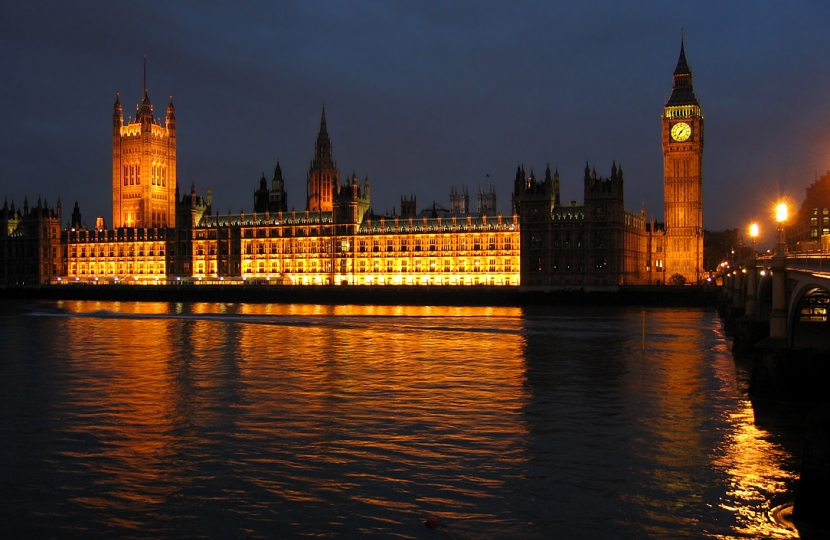
The next week will be an incredibly difficult but important time for Parliament. We have a huge decision to take about what we do next as a country. There are great divisions over how or, for some people, whether we should carry out the democratic decision to leave the EU.
Although we are in the eye of the storm right now and it seems impossible to see a way through, it is just possible that there could soon be an outbreak of consensus. I have always said that we needed to read the referendum result as we designed our future partnership. It was a clear vote to leave but 48% voted to remain. The country voted for a cautious and slightly apprehensive Brexit.
The Prime Minister has had a difficult task trying to reconcile a divided parliament. There are elements of the withdrawal agreement that reflect what people voted for. In the so called "backstop" arrangement we would have tariff free access to the EU, would have ended free movement and we would not have to pay any contributions. However, there are undoubtedly elements that are uncomfortable too. For many, the absence of a unilateral exit clause means that there are risks we get stuck in a rut and many issues in the negotiations have been postponed to a future date.
There are multiple amendments that have been tabled to the motion and things could happen quite quickly. There is a group of people who think we should ignore the last referendum result and hold another referendum until people learn to do as they are told. Then, they intend to go back on their hands and knees and beg the European Commission to let them back in. I think that is a ridiculous idea.
A separate group think that we should face down the EU, hit the accelerator and head for the exit without any agreement in place. I have some sympathy for that but there would be turbulence at borders which is difficult to predict. More importantly, governments can only really do what they can muster consent for in parliament and many MPs who agree we should respect the decision to leave, would balk at the idea of coming out with no agreement at all.
In recent weeks, there has been growing momentum behind a possible alternative. If the Prime Minister's deal fails to command a majority, we could opt for a model similar to Norway and Iceland. Under this option we would leave the EU but remain a signatory to the EEA or re-join the looser EFTA group. We would have full control of our farming and our fisheries, free trade with Europe, and our own trade policy with the rest of the world. We would have to align some of our laws with the EU, but we would be an independent country again.
It was actually Britain that created EFTA in the late 1950's as a rival idea to the EU. Initially we had an alliance of seven countries, including Sweden, Norway, Spain, Portugal and Ireland. The EU only had six members. We made a terrible mistake in 1972 by abandoning what we had created and surrendering our independence to the EU. It was a foreign policy blunder caused by the collapse of national confidence in the aftermath of the empire. Maybe, in the end, we will put right that historic error and pick up where we left off.

